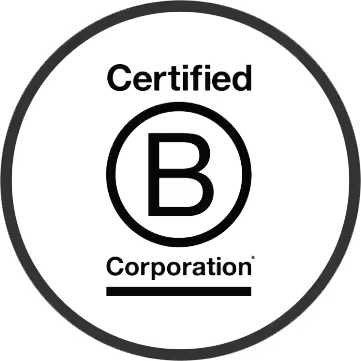Cooperative education
A program that combines classroom instruction with alternating periods of paid employment. Cooperative education programs typically last for two or four years and lead to a degree.
Cooperative education
What is cooperative education?
A program that combines classroom instruction with alternating periods of paid employment. Cooperative education programs typically alternate school semesters and last for two or four years and lead to a degree.
Some organizations may use the term “internship” when referring to a co-op program. Whether it is called a co-op or an internship, you should look at the time required and the benefits that you will receive by completing the program.
Which organizations offer co-op programs?
Co-op programs are typically offered by colleges and universities, but they can also be offered by high schools and other organizations. These programs can be a great way to gain hands-on experience in your chosen field, make connections with professionals, and earn money to help pay for your education. They can also help you to decide if a particular career is right for you.
How do co-op programs benefit professional development?
Here are some of the benefits of cooperative education:
- Gain hands-on experience: Co-op programs allow you to gain hands-on experience in your chosen field. This can give you a competitive edge when you graduate and start looking for a job.
- Make connections: Co-op programs allow you to make connections with professionals in your field. These connections can help you to get a job after you graduate.
- Earn money: Co-op programs allow you to earn money to help pay for your education. This can reduce the amount of debt you have to take on.
- Decide if a career is right for you: Co-op programs allow you to try out a career before you commit to it. This can help you to avoid making a costly mistake.
How are co-ops different from apprenticeships?
- Length: Co-op programs can vary in length, but they typically last for 1-3 semesters alternated with school semesters. Apprenticeships, on the other hand, can last for 2-4 years.
- Pay: Co-op programs typically pay a stipend, but the amount of pay can vary depending on the program and the employer. Apprenticeships, on the other hand, typically pay a wage that is commensurate with the apprentice's experience and skills.
- Benefits: Co-op programs may offer benefits such as health insurance, paid time off, and retirement savings plans. Apprenticeships, on the other hand, may also offer benefits, but they may not be as comprehensive as those offered by co-op programs.
- Work-life balance: Co-op programs can be a good way to balance work and school. Apprenticeships, on the other hand, can be more demanding and require a greater time commitment.
- Career advancement: Co-op programs can help you gain the skills and experience you need to advance your career. Apprenticeships, on the other hand, can lead to a journeyman's or master's certificate, which can qualify you to work independently or start your own business.
Related:
Want to learn more about apprenticeships? Check out our blog.










